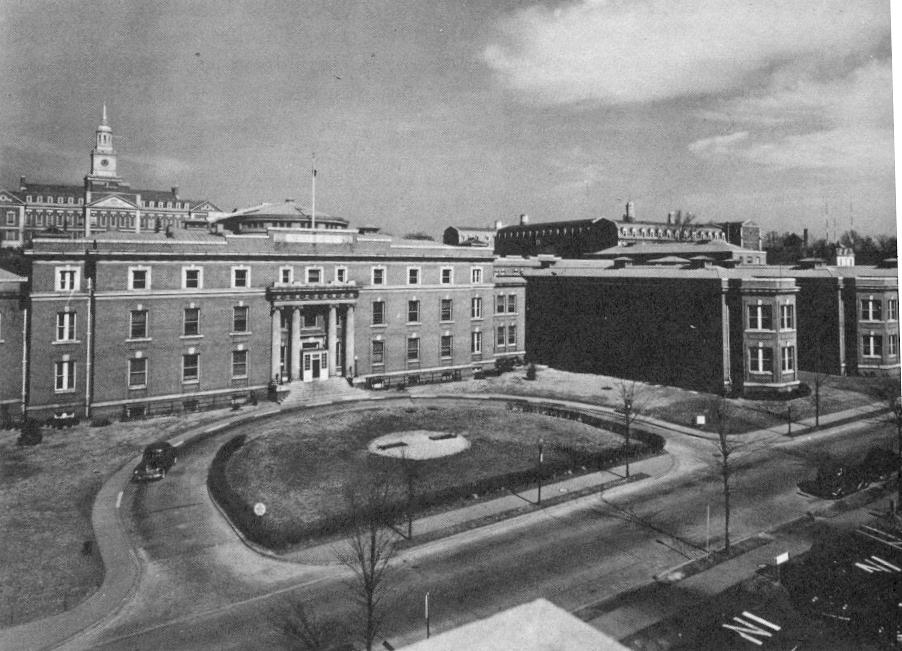The True American Faith — Transcendentalism
Jonathan Cloud April 20th, 2025
In the unfolding narrative of American identity, one philosophical movement stands out as a uniquely homegrown creed: Transcendentalism. Emerging in the early 19th century as both a spiritual and intellectual revolution, Transcendentalism was more than just a literary phenomenon — it was, in many ways, the first true expression of an American faith. Rooted in individual freedom, reverence for nature, and an innate trust in the moral compass of the self, it offered a radical alternative to both dogmatic religion and mechanistic materialism. In its core principles, Transcendentalism laid the groundwork for what might be called the American soul.
Origins and Core Beliefs
Transcendentalism arose out of New England, sparked by thinkers such as Ralph Waldo Emerson, Henry David Thoreau, and Margaret Fuller, among others. Drawing on European Romanticism, Eastern philosophies, and Puritan spirituality, Transcendentalists pushed back against both the rigid Calvinism of their forebears and the cold rationalism of the Enlightenment. They believed in the immediacy of truth, accessed not through scripture or reason alone but through intuition, conscience, and a direct connection with the Divine in nature and the self.



